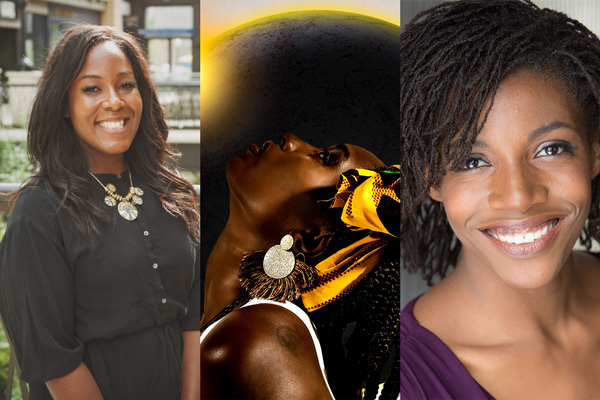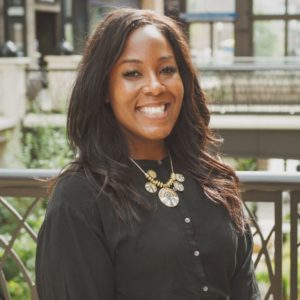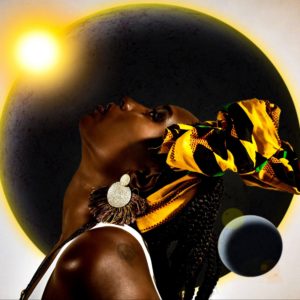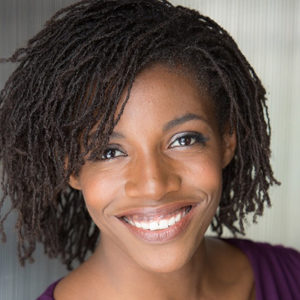The Anti-Racism Collaborative, administered by the National Center for Institutional Diversity (NCID), awarded three summer research grants to SMTD graduate students Marjoris Regus (PhD, Music Education), Imani Ma’At AnkhmenRa Amen Taylor (MFA ’21, dance), and Samantha Williams (SM ’22, voice). The Rackham Graduate School is co-sponsoring 21 awards across U-M totaling $99,825 in support for various initiatives.
“I am so excited to be one of the first NCID grant winners and feel incredibly blessed that my time in school overlapped with such an amazing initiative,” said Wiliams. “I’m thrilled to see the other projects and be a part of such an amazing group.”
The grants support engagement in research projects focused on racial inequality, racial equity, and racial justice while advancing graduate student progress toward degrees. These grants represent a critical way that graduate students can pursue scholarship that leads to change in our society and institutions.
“We are honored to do this work, and we have been making the conscious effort to shift and reverse the negativity of racism that has lingered for decades on U-M’s campus,” said Taylor. “It is amazing that we can use West African dance, drum, culture, and Katherine Dunham technique to create a more holistic learning environment here on campus.”
NCID and Rackham will host opportunities for the campus and broader communities to engage with the award recipients and learn more about their research during the 2021–22 academic year. The University is excited to connect these scholars and help them share and disseminate their work.
“Wow! What a ride this has been,” said Regus. “Thank you to the National Center for Institutional Diversity and Rackham Graduate School for acknowledging my research. I am so grateful for this opportunity and excited to continue working alongside fellow Afro-Latinx musicians. ¡Tirando pa’lante!”
A Closer Look at the Projects
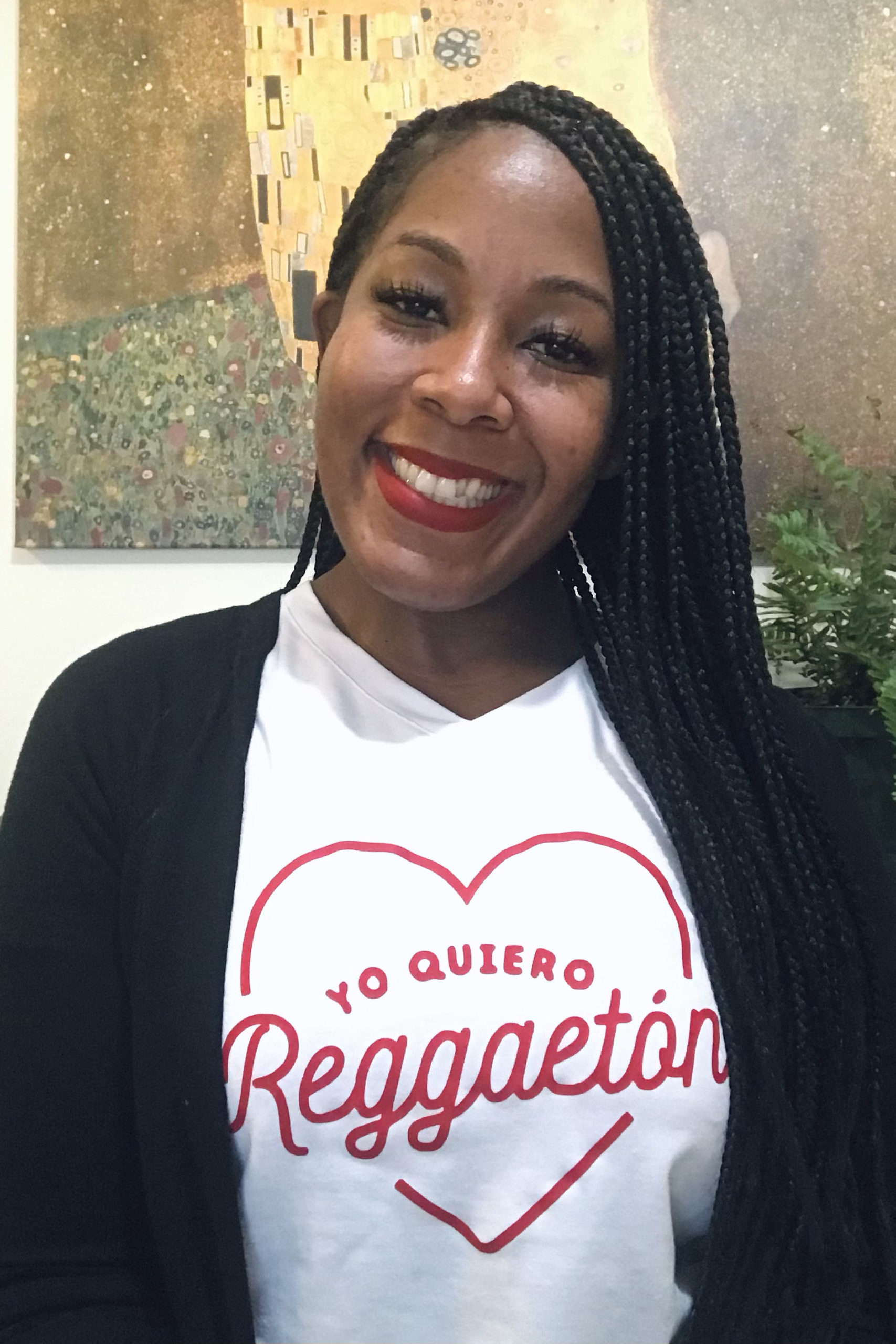 Where are Mi Gente? Codeswitching our Blackness and Latinidad in the Music Classroom
Where are Mi Gente? Codeswitching our Blackness and Latinidad in the Music Classroom
Marjoris Regus
This project will focus on how Afro-Latinx students navigate music education degree programs and their response to racial and cultural experiences. Those who identify as Afro-Latinx often negotiate complex cultural ‘hurdles’ which heavily impact academic success. This project will shed light on an invisible community and offer implications for future research and practice in higher education.
“Understanding the uniqueness of the Afro-Latinx identity can advise institutional change, recruitment strategies, and curriculum development,” said Regus. “By centering the voices of marginalized individuals, I hope to progress music education research toward racial, ethnic, and linguistic acceptance of all students in music classrooms.”
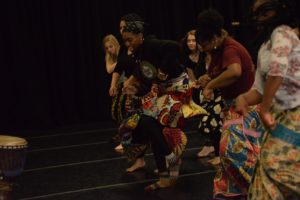 Unification through Vibration and Reconnecting Our Collective Ancestral Memory
Unification through Vibration and Reconnecting Our Collective Ancestral Memory
Imani Ma’At AnkhmenRa Amen Taylor & Marwan Amen-Ra
“Our human energy has value. We can exchange and direct that energy to heal and to positively affect one another on a vibrational level.” Marwan Amen-RaAn overwhelming percentage of West African dance and music students at U-M who are exposed to the live West African, Central African, and Dunham dancing (and drumming) also consistently express the critical energetic rebalancing and unrealized cultural enrichment they receive once exposed to these classes specifically. The need is regularly expressed by U-M students for more master African dance and drum workshops on campus in which people of all walks of life can be exposed to this safe space, participate, live freely, thrive, and coexist through new social pathways unlocked by this cultural art form. Augment these with healing ancient musical vibrations of master musicians and a “fun” opportunity for social dancing and interaction in a natural landscape, and we have a space that not only intersects disciplines and students from across campus while raising cultural awareness, but it brings together different cultures in a social space that relieves inhibitory social tensions (such as racism) and greatly augments the capacity to receive the social education provided here on campus. The work we are seeking to continue with this project is universal and inclusive to ALL students, communities, and departments on campus who will join us for our 8-week workshop series of dance and drum classes.
“African Diasporic culture, dance, and music is a universal language that has been passed onto us from our honorable ancestors. As we tap into the traditional teachings and storytelling of ancient African Diasporic rhythms we can better use them as a blueprint for how to cultivate unity, reciprocity, and knowledge,” said Taylor. “The solution cannot be us not coming together to do the work that needs to be done to help create more anti-racist environments here on campus. Racism is a choice and we can choose not to participate in any acts of racism as we consciously educate ourselves.”
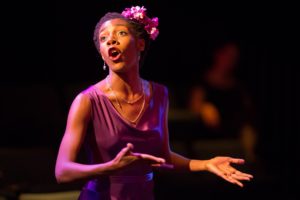 American Patriots
American Patriots
Samantha Williams
American Patriots is a recorded recital project that seeks to examine patriotism from three different American perspectives: African-American, Native American, and white working-class American. Translating the verbatim theatre methodology into a musical language, I will conduct interviews with Americans of these marginalized identities and use the interview transcripts as the poetry for newly commissioned art songs. The pieces will be performed and recorded for a visual album that explores the intersection of race, class, and patriotism. This project seeks to explore how the performative aspects of race and identity can be intentionally manipulated to increase an audience’s sense of empathy.
“I hope that through sharing nuanced and authentic stories of people of different backgrounds and beliefs, I can be a part of breaking down the walls of ‘us and other’ and help to create a more sympathetic and equitable world,” said Williams.

